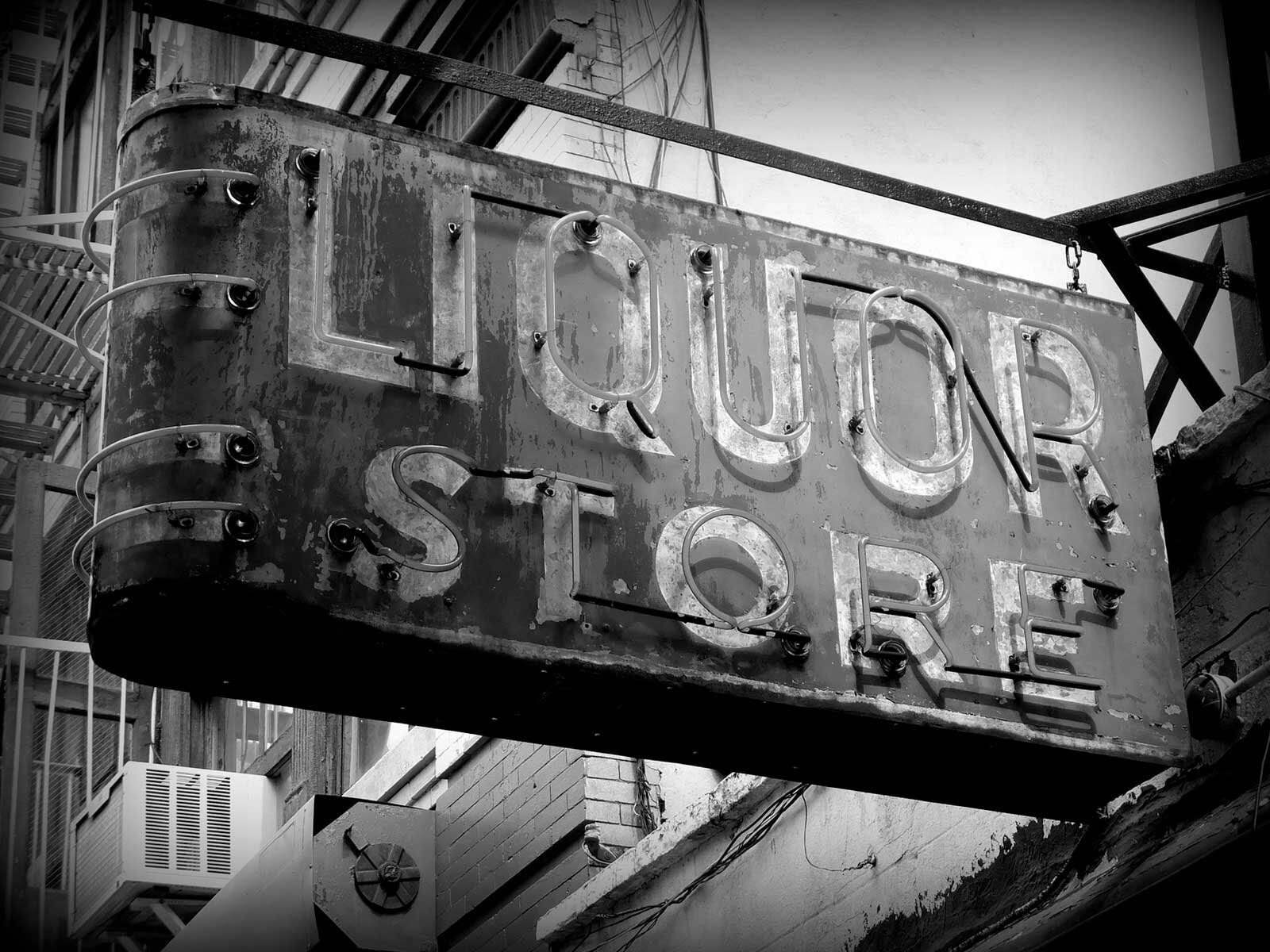In South Carolina, Liquor Giant Targets Independent Stores
Photo by Flickr user jamescridland
A recent decision by the South Carolina Supreme Court will overturn a 72-year-old restriction on how many licenses a liquor retailer in the state can hold. The case was brought by Total Wine & More, a Maryland-based liquor retailer with over 150 “big box” stores in 20 states. Now, small retailers fear they will be forced out of business as larger companies become the dominant liquor retailers in the state.
John Kelsey, the president of ABC Stores of South Carolina, a trade group that represents small liquor retailers, said the 4-1 ruling overturns a “successful and simple system” that has guided South Carolina’s liquor industry for decades. Now that the limit has been overturned, there is no ceiling on how many stores a retailer can open.
Kelsey also expressed concern that the ruling could lead to negative public health outcomes, such as increased alcohol consumption. Overturning the license cap undermines the “States’ legitimate interest in limiting over-consumption and protecting the general public,” he said. Similar public health concerns have also arisen in other states where liquor retail regulations have been challenged.
Since 1978, retailers in South Carolina have been able to hold only three permits. Liquor license caps have existed in the state since 1945, and according to ABC Stores, similar caps exist in more than 20 other states. State legislators considered a bill in 2013 that would have raised South Carolina’s permit cap to seven, but after much debate it ultimately failed.
Writing for the majority, Justice Jean Toal ruled that the limit “merely [provided] economic protection for existing retail liquor store owners.” But the lone dissenting voice on the court, Judge John Kittredge, argued that the intent of the law isn’t to dissuade competition, but rather to “[prevent] monopolies; [avoid] practices such as indiscriminate price cutting and excessive advertising; and [preserve] the right of small, independent liquor dealers to do business.”
Liquor license caps are one of many types of state-level regulation that comprise the three-tier system. Developed after the end of Prohibition in 1933, the three-tier system requires that producers, distributors, and retailers of alcohol remain independent from one another and intends to prevent any one company from becoming too dominant in each sector.
Stacy Mitchell, co-director of the Institute for Local Self-Reliance, says that regulations that shore up small business, such as the license cap, tend to promote greater choice and higher quality for the drinker, as well. “The more variety and diversity in the retail part of the market, the better the chance of a diversity of products actually making it to store shelves,” she says.
South Carolina isn’t the only state where Total Wine & More has been working to overturn long-standing liquor regulations. The company was also behind a bill in the Maryland legislature this session that would have overturned the state’s liquor license cap to allow retailers to open more than two stores in the state. Total supported that legislation because they wanted to open a store in Montgomery County, where the business is based, which would have been their third in Maryland. The bill failed, but it may be reintroduced in the next session.
Earlier this year, Total also backed legislation in Connecticut that would eliminate the state’s 36-year-old minimum alcohol pricing law. Supporters of the minimum pricing law say it has supported a vibrant economy of mom-and-pop liquor retailers in the state by discouraging larger retailers from leveraging their size to set lower prices. Indeed, Total had to pay a settlement to the state in 2016 for violating the minimum pricing law.
What We're Reading
Indiana's IndyStar newspaper reported that some of the state's most influential political figures were part of a "shadow cabal" that planned to monopolize the state's potential future marijuana industry. More than 10 bills have been introduced in the Indiana legislature this session regarding medicinal marijuana legalization.
Large-scale hog farmers in Minnesota are seeking to expand the state's "right-to-farm" provisions in order to limit the kinds of lawsuits that can be brought against them. Community members have sued farmers in the state for smells and pollution that have led to health issues and displacement. For more on right-to-farm, check out our coverage of Oklahoma's debate on the issue in 2016.
The Department of Agriculture announced it would further delay the effective date of the Farmer Fair Practices Rules, also known as the GIPSA rules, to October 19. The rules, written in the final days of the Obama administration, would expand protections for chicken farmers who contract with large poultry processors.

